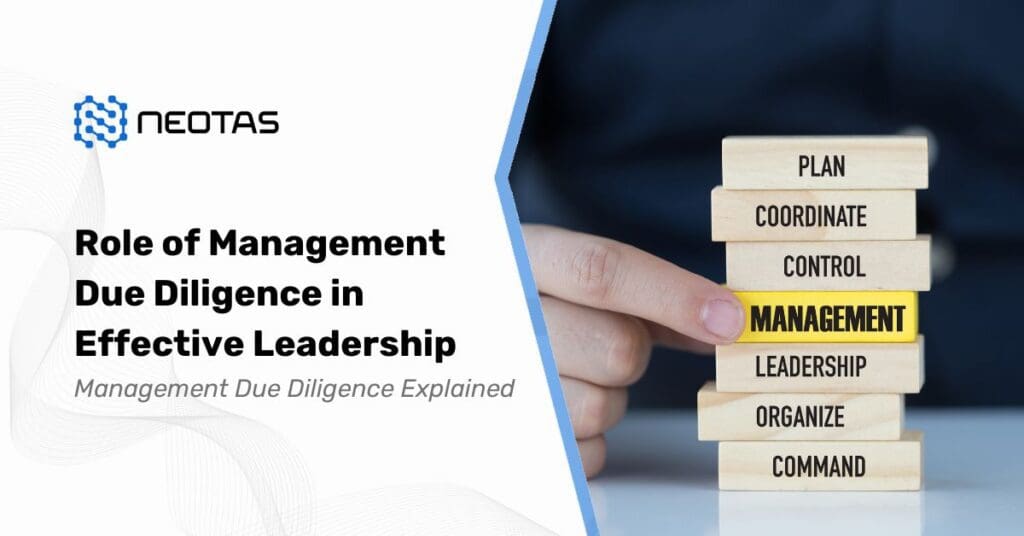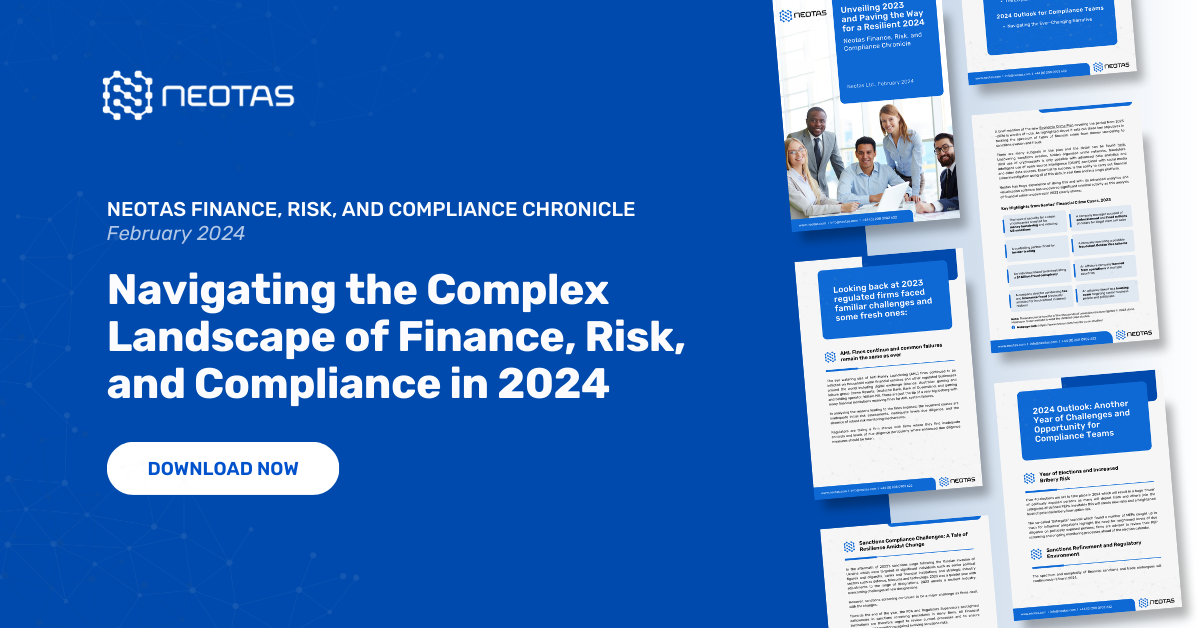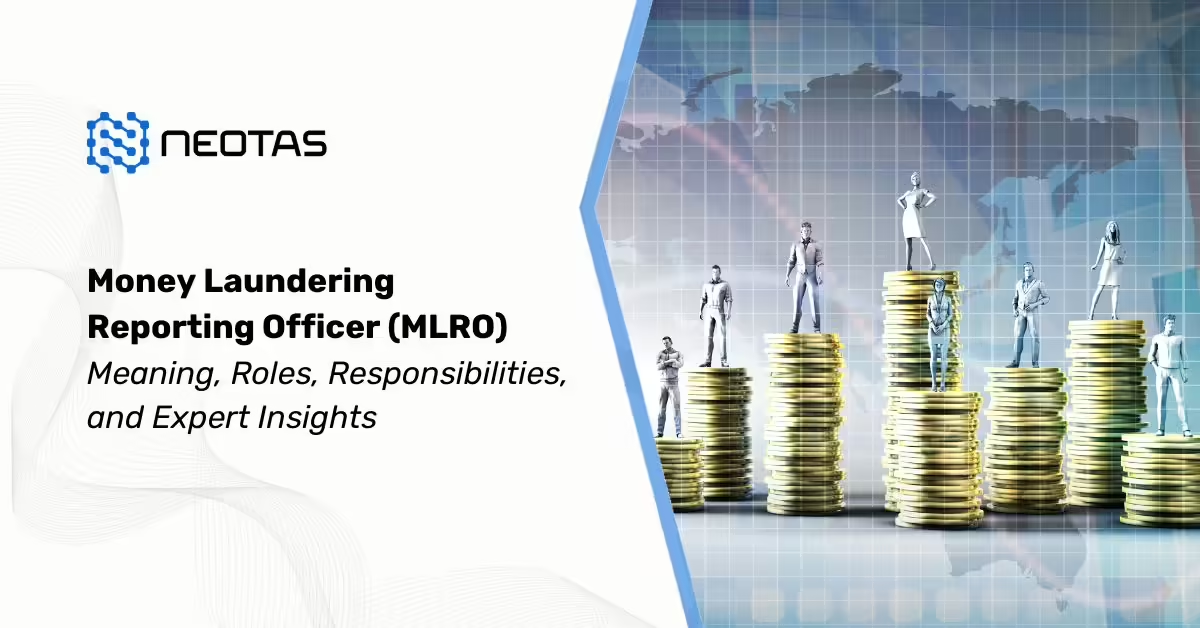Role of Management Due Diligence in Effective Leadership
Management Due Diligence Explained
Discover the intricate world of Management Due Diligence (MDD) through a comprehensive exploration. Unveiling the essence of MDD, this guide delves into its significance, process, and impact on organizational leadership. From assessing leadership traits to navigating global landscapes, MDD emerges as a strategic compass for sound decision-making, ensuring sustainable growth, resilience, and innovation. Dive into a treasure trove of insights that illuminate the path to effective leadership evaluation and informed business transactions.
Introduction to Management Due Diligence
What is Management Due Diligence:
Management Due Diligence (MDD) is a comprehensive evaluation process that scrutinizes an organization’s senior management team. It aims to assess the effectiveness of key executives and leaders in contributing to the achievement of the company’s strategic objectives. MDD goes beyond financial analysis and delves into the qualitative aspects of leadership.
The Role of MDD in Decision-Making:
MDD plays a crucial role in informed decision-making, especially in significant business transactions such as mergers, acquisitions, partnerships, and joint ventures. It provides decision-makers with insights into the strengths, weaknesses, and potential risks associated with the management team, helping them make strategic choices that align with the organization’s goals.
Importance of MDD in Business Transactions:
MDD is vital in transactions where leadership alignment and effectiveness can determine the success or failure of the deal. It ensures that both parties have a clear understanding of the leadership dynamics and potential challenges they may face post-transaction. MDD minimizes the risk of unforeseen management-related issues that could impact the overall success of the transaction.
The Importance of Management Assessment
- Leadership Traits Evaluated in MDD:
MDD focuses on assessing key leadership skills and characteristics of the organization’s managers. These include adaptability to changing environments, effective communication, strategic thinking, decision-making, and the ability to lead teams towards common objectives. These traits are essential for successful leaders to navigate complex business landscapes. - Linking Effective Management to Strategic Success:
Effective management is integral to achieving an organization’s strategic objectives. Leaders who possess the evaluated traits contribute significantly to the implementation of strategic plans, fostering a culture of innovation, and ensuring alignment throughout the organization. MDD helps identify leaders who can drive the organization towards its long-term vision.
- Leadership Traits Evaluated in MDD:
Transactions that Require Management Due Diligence
- Mergers, Acquisitions, and Strategic Alliances: In mergers and acquisitions, leadership dynamics can determine the success of integration. MDD assesses whether the leadership teams of both entities align culturally and strategically. In strategic alliances, MDD evaluates how the combined leadership can collaborate effectively to achieve shared goals.
- Partnerships and Collaborations: Before entering into partnerships, MDD examines the leadership styles, values, and compatibility of both organizations’ management teams. This ensures that the partnership is based on a solid foundation of understanding and collaboration.
- Joint Ventures and Their Leadership Dynamics: Joint ventures require leaders from different organizations to work together closely. MDD assesses the potential challenges and benefits of such collaborations, ensuring that the leadership teams are equipped to navigate the complexities of joint ventures successfully.
The Process of Management Due Diligence
- Preparation Phase: In this phase, organizations define the objectives of the MDD, assemble a team of experienced professionals, and establish the scope of the assessment. Clear objectives and a well-defined scope ensure that the assessment is focused and aligned with the organization’s goals.
- Execution Phase: Data collection is a critical aspect of this phase. It involves conducting interviews with key leaders, assessing their communication skills, decision-making processes, and interactions with teams. Behavioral assessments may also be employed to gain deeper insights into leadership styles and characteristics.
- Closure Phase: The findings from the assessment are compiled into a comprehensive report. This report highlights the strengths, weaknesses, and potential areas for improvement within the management team. Decision-makers use this information to inform their strategies, negotiations, and post-transaction integration plans.
Key Aspects of Management Due Diligence
- Assessing Leadership Qualities: MDD evaluates leadership qualities such as adaptability, strategic thinking, problem-solving, and team management. These qualities determine a leader’s ability to guide the organization through challenges and uncertainties.
- Role-Specific Duties: MDD considers the specific roles and responsibilities of each leader within the organization. This assessment ensures that leaders are aligned with their roles and contribute effectively to their respective areas.
- Impact of External Market Factors: External factors such as market trends, industry disruptions, and regulatory changes can influence leadership effectiveness. MDD analyzes how well leaders navigate these external influences to drive the organization’s success.
Key Points to Consider
- Clear Objectives for Effective MDD: Clearly defined objectives guide the MDD process and ensure that assessments are focused on the most relevant aspects of leadership.
- Identifying Strengths and Committing to Success: Recognizing leadership strengths allows organizations to leverage these qualities for strategic advantage. Committing to success involves addressing weaknesses and nurturing leadership development.
Limitations and Drawbacks of Management Due Diligence
- Balancing Costs and Benefits in MDD: MDD can be resource-intensive in terms of time and financial investment. Organizations must weigh the benefits of enhanced decision-making against the costs of conducting a thorough assessment.
- External Experts’ Influence on Analysis: In some cases, organizations may seek external expertise to conduct MDD. While this can provide valuable insights, it’s important to strike a balance between external input and internal understanding of the organization’s dynamics.
Beyond Assessment: Management Due Diligence in Action
- Enhancing Cultural Alignment Post-Transaction: MDD insights guide organizations in fostering cultural alignment and integration after a transaction. Understanding leadership dynamics helps bridge cultural gaps and promotes a cohesive organizational culture.
- Equipping Leaders for Strategic Resilience: MDD equips leaders with the insights needed to navigate challenges and uncertainties. Leaders who understand their strengths and areas for improvement are better prepared to lead with resilience and adaptability.
- Driving Innovation through Executive Assessment:
- Identifying Innovation Catalysts within Leadership: MDD identifies leaders who possess the vision and creativity to drive innovation. These individuals become catalysts for change, fostering an environment of continuous improvement and forward-thinking.
- Fostering a Culture of Forward-Thinking: By evaluating leadership’s capacity for innovation, MDD encourages organizations to cultivate a culture that embraces new ideas, experimentation, and creative problem-solving.
- Empowering Future Leaders: Succession Planning:
- Nurturing High-Potential Individuals for Leadership: MDD identifies emerging leaders with high potential. Organizations can then provide targeted development opportunities to prepare these individuals for future leadership roles.
- Ensuring Seamless Leadership Transition: Succession planning ensures a smooth transition of leadership, minimizing disruptions and maintaining organizational stability during leadership changes.
The Ever-Evolving Journey of Management Due Diligence
In today’s dynamic global landscape, Management Due Diligence (MDD) is a pivotal instrument for assessing leadership adaptability across borders and steering through diverse markets. MDD ensures leaders effectively tailor their approaches to varying cultural contexts, an imperative as businesses venture into international territories. Moreover, MDD acts as a compass for deciphering cultural intricacies by evaluating leadership’s capacity to bridge gaps, foster inclusivity, and cultivate relationships within diverse markets, enhancing the organization’s global acumen.
This transformative impact extends to data-driven insights, revolutionizing decision-making. Data analytics heightens the accuracy and reliability of MDD assessments, unveiling insights into leadership behaviors and performance metrics. This evidence-based approach fosters objective decision-making, diminishing subjectivity and bias, thus augmenting the credibility of leadership evaluations.
MDD’s trajectory is one of continual evolution, perpetually nurturing growth and excellence. Far from a singular event, MDD is an ongoing process that identifies leadership strengths and growth areas. By charting a course for leadership development, MDD empowers organizations to cultivate leaders, stimulate innovation, and secure enduring success. Furthermore, MDD equips businesses to adeptly navigate the multifaceted challenges posed by a rapidly changing business landscape, serving as a strategic compass that fosters agility, innovation, and resilience.
In essence, Management Due Diligence stands as an indispensable instrument, steering businesses toward astute leadership, data-driven insights, and unwavering growth in an ever-transforming global arena.
Neotas Management Due Diligence (MDD) services
Our expertise unlocks unparalleled insights into leadership dynamics, equipping you to make informed decisions. Leverage our data-driven assessments, comprehensive reports, and seasoned professionals to navigate complexities, mitigate risks, and foster growth.
With Neotas, elevate your leadership evaluation, drive innovation, and ensure seamless transitions. Discover the power of MDD with Neotas – your partner in shaping resilient, forward-thinking organizations.
Schedule a Call or Book a Demo of our Enhanced Due Diligence Platform.
Interested to explore use cases of Management Due Diligence? Explore our MDD Case Studies



 Financial Crime Compliance Trends 2024
Financial Crime Compliance Trends 2024












